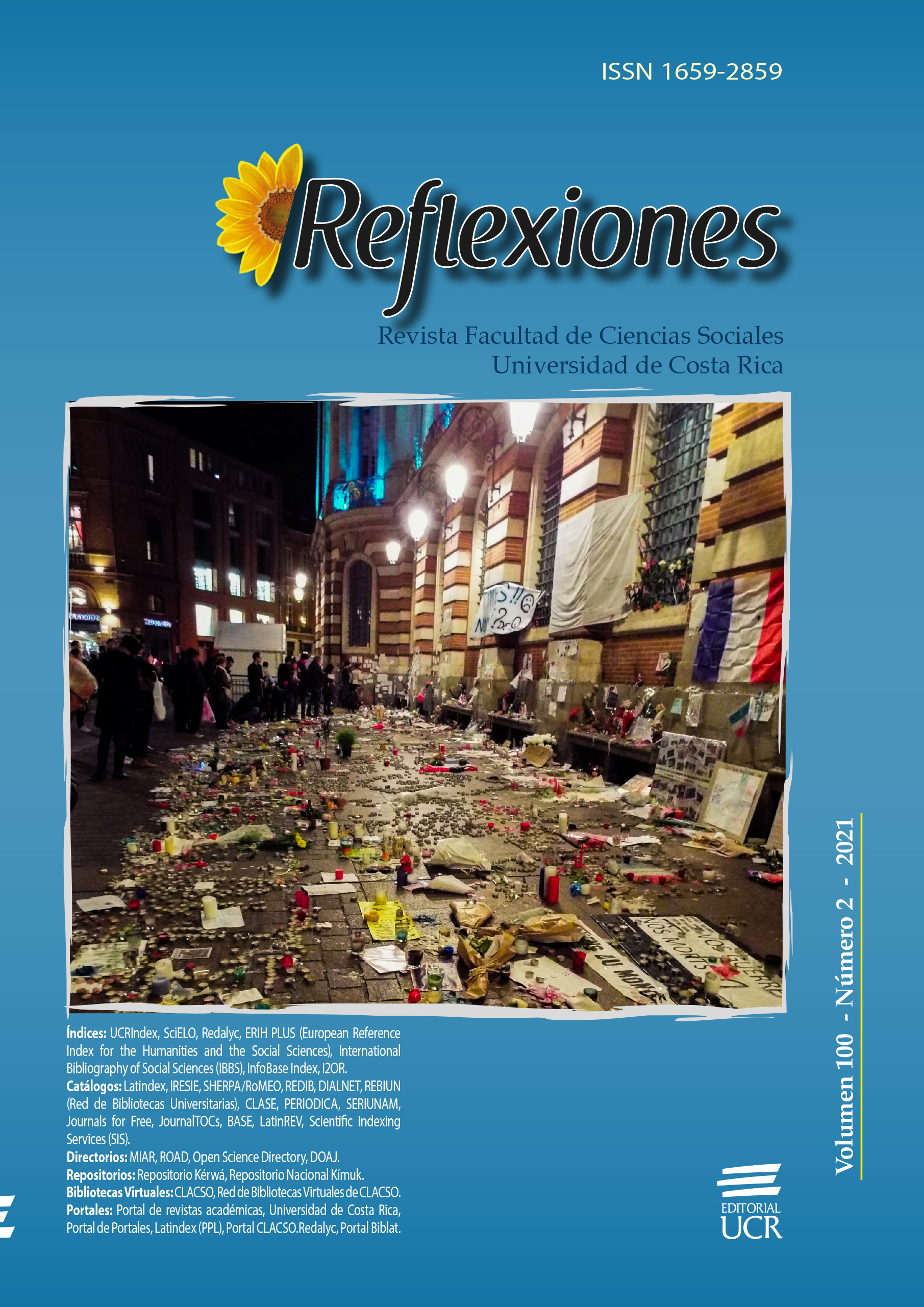Abstract
Introduction
The multi-sector nature of popular movements, despite its relevance, has been insufficiently researched in the specialized literature in terms of the internal impacts on the different spaces and movements that are part of the militant life. The political training workshops are an analyzer of the relations between the epistemic dimension and the multi-sector nature within popular movements.
Main objective
To this end, this article is aimed at interpreting the epistemic dimension of political training workshops of popular movements in Buenos Aires Metropolitan Area, Argentina. Two workshops aimed to grassroots activists, that have adopted a textual form, are analyzed considering its multi-sector nature.
Method
A qualitative research was held based on a multiple-case study. The data were collected bt means of a triangulation of qualitative methods: participant observation in workshops and in-depth interviews to the participants.
Results
It was found different subjective significations and appropriations regarding their contributions of knowledge and their conceptions on subjects of knowledge, in accordance to the type of militant involved in the workshops: coordinators, support militants and, finally, militants from popular neighborhoods and middle-class academic militants that made up the target group.
Conclusions
The analysis of the multi-sector nature is relevant to highlight the challenge entailed for popular movements to construct a collective project of social transformation that takes into account the plurality of knowledge and militant people.
References
Baraldo, Natalia. 2010. «Educación en y desde los Movimientos sociales: ¿nuevo objeto y nuevos abordajes en Educación? Algunas tendencias en estudios recientes». Cuadernos de educación 8 (octubre): 165-176. https://revistas.unc.edu.ar/index.php/Cuadernos/article/view/803
Gómez, Marcelo. 2014. «Radiografía de los movilizados contra el kirchnerismo. Resultados de una encuesta a la concurrencia del 8N». Revista Sudamérica 3: 75-100. https://fh.mdp.edu.ar/revistas/index.php/sudamerica/article/view/1052
Laraña, Enrique. 1999. La construcción de los movimientos sociales. Madrid, España: Alianza.
Michi, Norma. 2010. Movimientos campesinos y educación. Estudio sobre el Movimiento de Trabajadores Rurales Sin Tierra de Brasil y el Movimiento Campesino de Santiago del Estero MOCASE-VC. Buenos Aires, Argentina: El Colectivo.
Michi, Norma, Javier Di Matteo y Diana Vila. 2012. «Movimientos sociales y procesos formativos». Revista Polifonías 1: 22-41. http://www.polifoniasrevista.unlu.edu.ar/sites/www.polifoniasrevista.unlu.edu.ar/files/site/3%20-%20Michi.pdf
Munera, Leopoldo. 1993. «De los movimientos sociales al movimiento popular». Revista Historia crítica 7: 55-80. https://doi.org/10.7440/histcrit7.1993.09
Ouviña, Hernán. 2015. «Educación en movimiento y praxis prefigurativa. Una lectura gramsciana de los proyectos pedagógico-políticos impulsados por los movimientos populares latinoamericanos». En Pedagogías críticas en América Latina. Experiencias educativas de Educación Popular, editado por Daniel Suárez, Flora Hillert, Hernán Ouviña y Luis Rigal. Buenos Aires, Argentina: Noveduc.
Palumbo, María Mercedes. 2017. «Dinámicas de construcción de subjetividades políticas y epistémicas en dispositivos pedagógicos de formación política. Un estudio en movimientos populares multisectoriales del Área Metropolitana de Buenos Aires». Tesis de Doctorado, Universidad de Buenos Aires. http://repositorio.filo.uba.ar/handle/filodigital/6058
Palumbo, María Mercedes. 2018. «Saber hablar: construcción del capital militante en movimientos populares en Argentina». Revista Íconos 61 (mayo): 179-202. https://revistas.flacsoandes.edu.ec/iconos/article/view/2778
Vilas, Carlos. 1994. «Actores, sujetos, movimientos: ¿dónde quedaron las clases?». En Antropología Social y Política, editado por Carlos Vila. Buenos Aires, Argentina: EUDEBA.
Yin, Robert. 1994. Case Study Research. Design and Methods, Applied Social Research Methods. Newbury Park: Sage.


